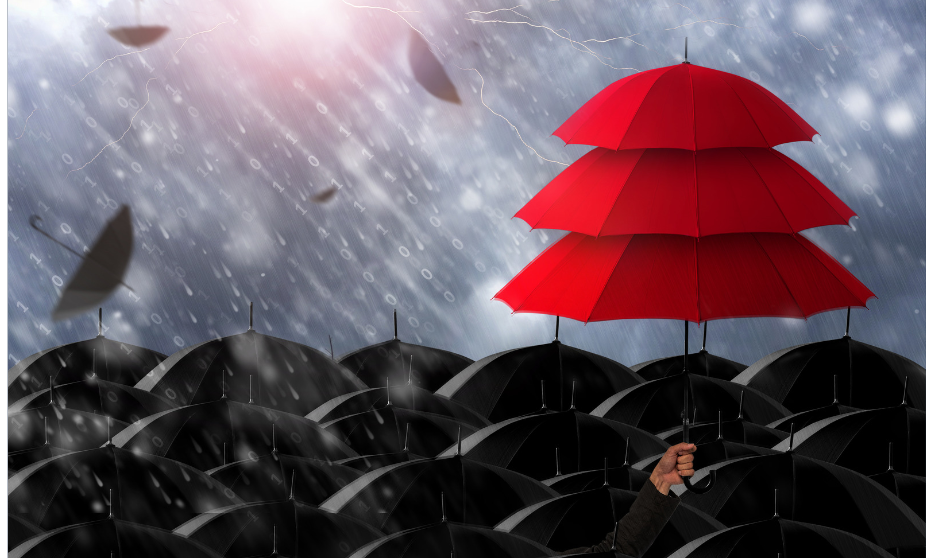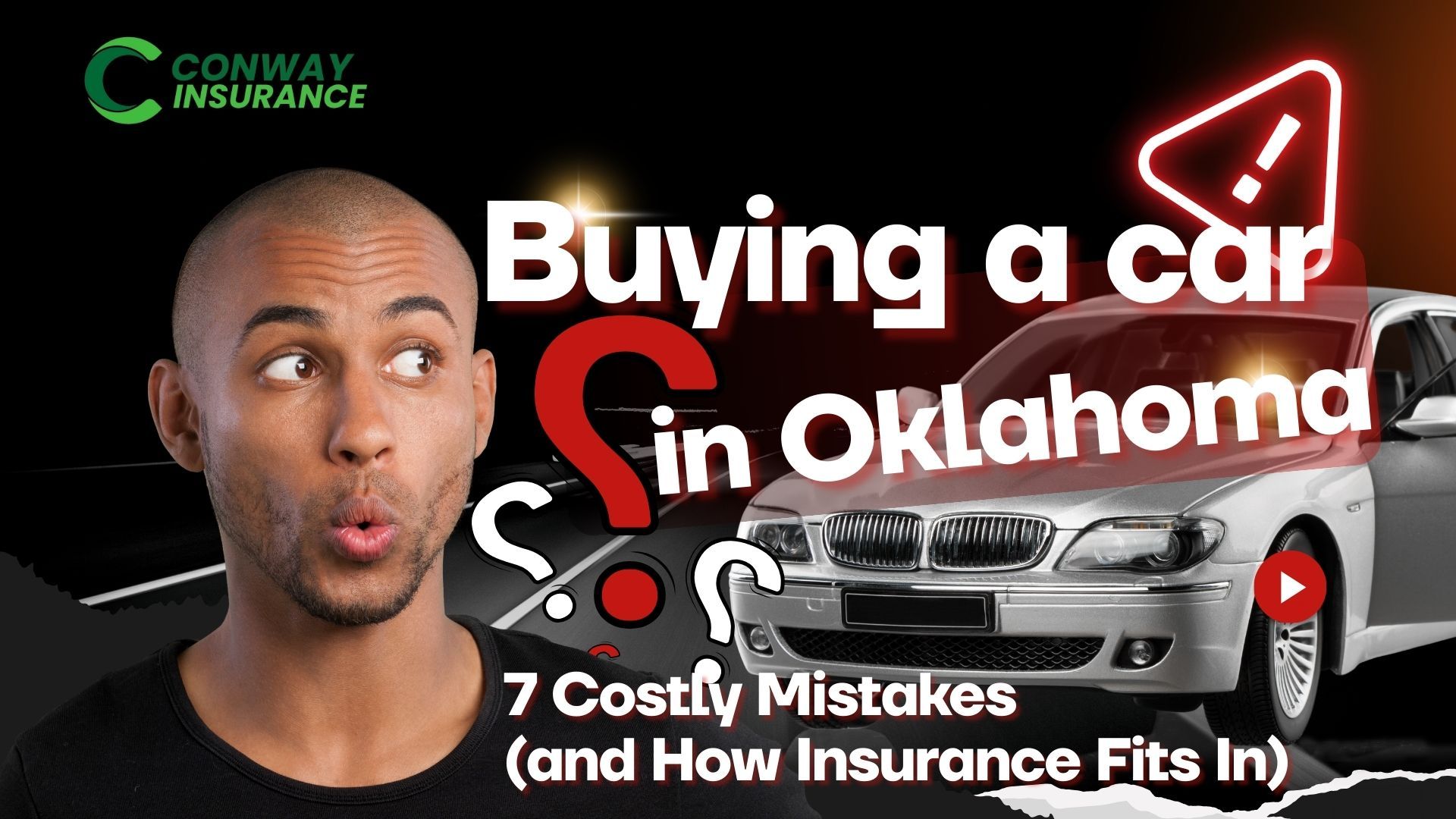Seasonal Changes and Home Insurance: How to Protect Your Investment
Seasonal Changes and Home Insurance: How to Protect Your Investment

Seasons bring different risks, which can affect your home insurance policy. Every season presents its own challenges, no matter what the weather is like. As long as you prepare properly, you can protect your house and your insurance policy.
A potential threat from spring storms
There is nothing like spring to renew us, but it can also be unpredictable. Strong winds and heavy rain can damage your roof and cause flooding.
Insurance Implications:
·
Flood Damage: Most insurance policies do not cover flood damage. The purchase of flood insurance is highly recommended for everyone, regardless of their location. According to FEMA, over 25 percent of flood claims were outside flood-prone areas.
·
Wind Damage: Make sure your roof is well maintained and that loose outdoor items are secured to prevent wind damage.
Tip: Prepare for spring storms by inspecting and maintaining your roof and gutters regularly.
Summer: Heat and Hazards
Heatwaves, storms, and wildfires pose risks as summer approaches.
Insurance Implications:
·
Wildfires: Wildfires are more likely to occur in dry, hot climates. While most policies cover fire damage, check that your coverage is adequate .
· Summer Storms: Hail and lightning can damage property. The standard policy usually covers these perils, so it is a good idea to review your coverage limits.
Tip: Protect your house against lightning by installing surge protectors and clearing dry vegetation.
Autumn is here: Time for leaves and cooler temperatures
Falling leaves and cooler temperatures are among the risks associated with autumn's beauty.
Insurance Implications:
Clogged Gutters: Leaves can clog gutters and damage them. Insurance may cover a properly maintained gutter system.
The use of your fireplace or heater during cooler weather can pose a fire hazard. Ensure these appliances are well-maintained.
Tip: Clean your gutters regularly and inspect your chimney before using your fireplace.
Winter: Freezing and Ice
Winter brings freezing temperatures, snow, and ice, which can harm your home.
Insurance Implications:
· Frozen Pipes: Burst pipes from freezing temperatures can cause extensive water damage. Most policies cover this, but neglecting to keep your home warm might result in a denied claim.
· Ice Dams: Melting and refreezing snow on your roof can cause ice dams, which can cause water damage.
Tip: Maintain a consistent indoor temperature and take other measures to prevent frozen pipes and clear excessive snow from your roof.
Preparation year-round
Consistent home maintenance throughout the year is crucial for minimizing risks and avoiding costly insurance claims.
Insurance Impact:
·
Regular Maintenance: Property owners are responsible for maintaining their homes. Neglect can result in the denial of claims.
·
Policy Review: Check your insurance policy regularly to make sure it covers seasonal risks.
Tip: Review your insurance policy annually with your agent to ensure your coverage is appropriate for your home's needs.
Conclusion: Pay attention to seasonal changes
Seasonal changes can affect home insurance rates significantly. Staying proactive and preparing for each season will help you protect your home and make sure that your insurance covers your needs.
Rather than simply changing your wardrobe, consider the needs of your home and your insurance coverage. Preventing home and insurance problems throughout the year is easy with the right precautions.
Please note that the information provided in this article is intended for general informational purposes only and may not apply to your specific situation. Insurance laws and regulations can vary significantly from state to state, and it’s crucial to understand the specific requirements and coverages that apply to your location. We strongly recommend consulting with a licensed insurance agent in your state to discuss your unique needs and ensure you have the appropriate coverage for your circumstances.
Recent posts


